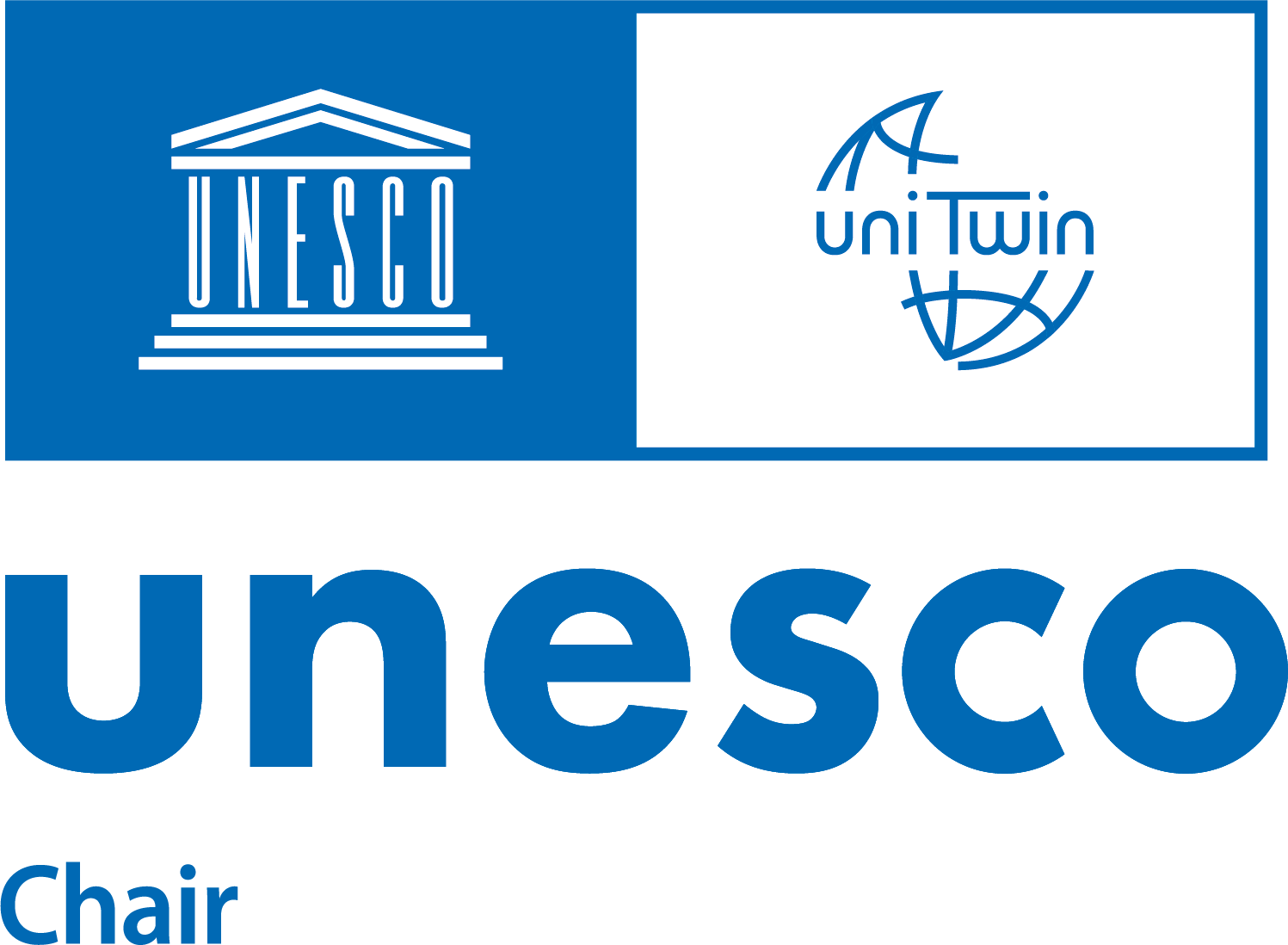Cooperations
Cooperations
1. EMA, THE EUROPEAN MASTER’S PROGRAMME IN HUMAN RIGHTS AND DEMOCRATISATION
What is EMA
The European Master’s Programme in Human Rights and Democratisation (EMA) is the main teaching programme of the Global Campus of Human Rights(GC).
Established in 1997 thanks to the vision of 10 pioneer universities, EMA is the oldest Master’s programme supported by the European Union. Over the years it has developed according to changing approaches to human rights and democratisation in Europe and in the world and to more integrated strategies in trans-European human rights education. Today EMA counts on the participation of 41 prestigious universities and human rights centres from all member states of the European Union.
EMA’s academic excellence in teaching, research and practical training is a testament to the spirit shared by professors, experts, students and staff: genuine dedication to the advancement of global values and human dignity through inter-university cooperation, interdisciplinarity and an action-oriented approach. In order to achieve these aims, the programme successfully combines two objectives: on the one hand, to provide a solid theoretical preparation and, on the other hand, to offer a good understanding of the operational requirements and challenges of practical work.
The growing number of EMA graduates (more than 1300 so far) and their prominent careers reflect the far-reaching impact of EMA: a source of inspiration and the creator of a community of competent specialists working in the field of human rights and democratisation at the local, regional, national, international level both in the governmental and non-governmental sectors as well as in academia.
https://gchumanrights.org/education/regional-programmes/ema/about.html
2. New Journal: The V4 Human Rights Review
The Czech Centre for Human Rights and Democracy and its partners – established human rights institutions from leading universities in Hungary, Poland and Slovakia – plan to launch a human rights journal on current developments in V4 countries. The project is supported by the Visegrad Fund.

The V4 Human Rights Review will be an online quarterly human rights review, which will consist of four thematic sections. Each section will monitor and analyse the state of affairs and recent developments in democracy, rule of law and human rights protection in their respective Visegrad country (Czech Republic, Hungary, Poland and Slovakia). In each issue of the V4 Human Rights Review there will be approximately three articles per section. The articles will be relatively short and accompanied by photographs. Therefore, the review will be easily accessible and attractive not only for legal and social sciences students, academics and practitioners, but also for the general public. The first issue will be published in the second half of 2019.
Furthermore, the partnering institutions and their members will organise together and participate in a one-day conference on democracy, rule of law and human rights protection which will take part in Brno (Czech Republic). The panels of the conference will focus on the current state of affairs and recent developments in the respective Visegrad countries. In addition, the outputs of the conference will be presented in the V4 Human Rights Review.
Institutions cooperating on the project
- Czech Republic: Czech Centre for Human Rights and Democracy
- Hungary: Eötvös Loránd University, Faculty of Social Sciences, Department of Human Rights and Politics
- Poland: Adam Mickiewicz University in Poznań, Faculty of Law and Administration
- Slovakia: Comenius University in Bratislava, UNESCO Chair for Human Rights and Education
Email address of the project coordinator: info@
The project is co-financed by the Governments of Czechia, Hungary, Poland and Slovakia through Visegrad Grants from International Visegrad Fund. The mission of the fund is to advance ideas for sustainable regional cooperation in Central Europe.
Orsolya Salát is the editor of the Hungarian section, the articles are written by Veronika Czina, Péter Kállai, and Aliz Nagy.
3. DEPTARTMENT OF HUMAN RIGHTS AND POLITICS — UNESCO CHAIR
On 2 February 2008 an Agreement between UNESCO and ELTE University was concluded to establish a UNESCO Chair in Human Rights at the Faculty of Social Sciences. The purpose of the Chair is to promote an integrated system of research, training, information and documentation in the field of human rights. It serves as a means of facilitating collaboration between high-level, internationally recognized researchers and teaching staff of ELTE University and other institutions in Hungary.
The objective of the UNESCO Human Rights Chair is to contribute to the professional education of social scientists in the field of human rights and to increase awareness of human rights problems in the general public.
The chairholder between 2008–2015 was Professor Gábor Halmai, between 2015–2018 Associate Professor Kriszta Kovács. Since 2018, the chairholder is Professor Balázs Majtényi. After successful evaluation, the Chair was renewed by UNESCO in 2023 for the period 2023-2027.

|
DOCUMENTS |
DOWNLOAD |
|
UNESCO Chair/UNITWIN Network Workplan |
|
|
Progress Report for the Renewal of a UNESCO Chair |

